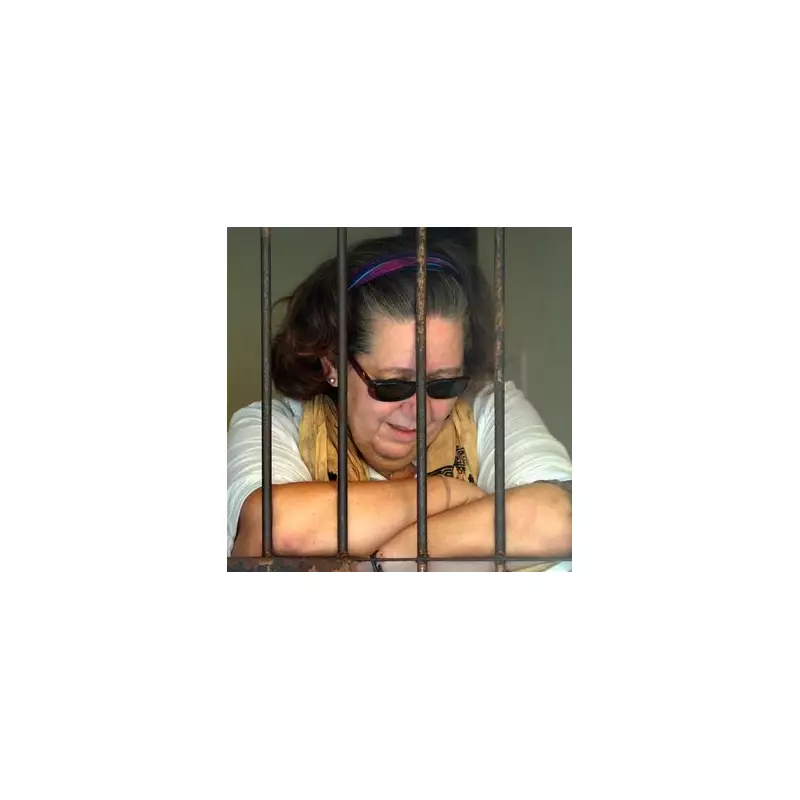
Thirteen years after facing the ultimate punishment in a Bali courtroom, Lindsay Sandiford's fight for survival continues from the confines of her Indonesian prison cell. The British grandmother, now in her mid-60s, remains trapped in a legal limbo that has stretched beyond a decade.
The Fateful Arrest That Changed Everything
Sandiford's nightmare began in May 2012 when Indonesian authorities discovered 4.8kg of cocaine hidden in the lining of her suitcase upon arrival at Bali's Ngurah Rai Airport. What was meant to be a routine holiday quickly transformed into a living hell when customs officials made the shocking discovery.
"I saw my entire life unravel in that moment," Sandiford recalled through correspondence. "The weight of those packages in my luggage felt like a death sentence from the very beginning."
A Desperate Legal Battle Against Time
Despite cooperating with authorities and providing evidence against other individuals involved in the drug ring, Sandiford received the harshest possible sentence in January 2013. The Indonesian court showed no mercy, imposing the death penalty for her role in the smuggling operation.
Her case has since moved through various appeals and legal challenges, with Sandiford's legal team arguing that she was coerced into carrying the drugs due to threats against her family members in the UK.
Life in the Shadow of Execution
While Indonesia hasn't executed a female prisoner in over a decade, the constant threat looms large over Sandiford's daily existence. She spends her days in Kerobokan Prison, known locally as "Hotel K," where she's become one of the facility's longest-serving foreign inmates.
The psychological toll has been immense. Sandiford describes the experience as "a form of slow-motion execution," with each passing year adding to the mental anguish of uncertain fate.
International Appeals and Fading Hope
The British government has repeatedly appealed for clemency on humanitarian grounds, citing Sandiford's age and mental health concerns. However, Indonesian authorities have remained firm in their stance against drug-related crimes.
As the years accumulate, Sandiford's hope for freedom diminishes, yet she continues to fight through legal channels while maintaining her innocence regarding the full extent of the charges against her.
Her case serves as a stark warning about the severe consequences of drug trafficking in countries with zero-tolerance policies, and the unimaginable price one British grandmother continues to pay more than a decade later.





